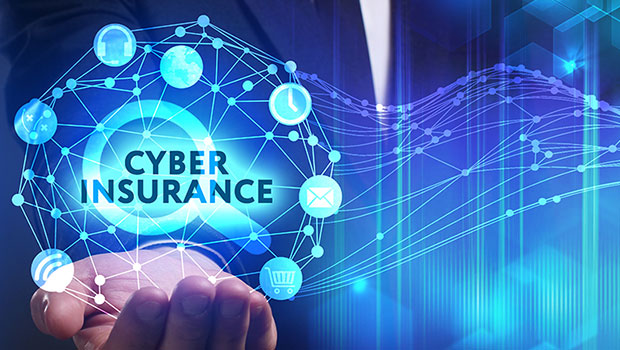Taking your company online has obvious advantages, but it also increases the danger of scams and security concerns. To help safeguard your company from cyber dangers, follow our recommendations. A single cyber-attack might wreak havoc on your company’s reputation. So, before going all digital, it is always advisable to have proper cyber insurance and make your working cyberspace highly secured.
- Backup your data
If your company’s data and website are backed up, you’ll be able to restore any information lost in the event of a cyberattack or computer problems. It’s critical that you periodically back up your most crucial files and information.
To assist secure the safety of your vital files, it’s a good idea to employ different backup solutions. Typical components of a decent backup system are:
- end-of-week server backups
- quarterly server backups
- yearly server backups
- daily incremental backups to a portable device and/or cloud storage
Check and confirm that you can recover your data from your backup on a regular basis.
Ensure that you regularly go for data backup to an external memory such as through an USB stick. This would remain your plan B in case there is any damage (robbery, for instance) or there is any form of cyber attack. Alternatively, saving everything up on cloud is a terrific idea along with multi-factor authentication before accessing.
- Secure your devices and network
Make sure your operating system and security applications are set to automatically update. These security upgrades have the latest code that can safeguard the updates. Because updates solve major security problems, it’s critical not to disregard update prompts. More importantly, you should have the anti-virus, anti-spam filters, and anti-spyware installed in all your digital assets to avoid any chance of getting infected with malware or viruses.
A firewall will safeguard your company’s internal networks, but it must be updated on a regular basis to function properly. Do not miss to configure your firewall on all of your mobile business devices.
Eliminate the number of spam and phishing emails with the help of latest spam filters. Spam and phishing emails can steal your personal information when infected with viruses or malware.
- Encrypt important information
Make sure your network encryption is turned on and that any data you save or send online is encrypted. Encryption converts data into a secret code before it is sent over the internet. The risk of theft, destruction, or tampering is reduced henceforth. When utilising a public network, you can enable network encryption through your router settings or by installing a virtual private network (VPN) solution on your device.
- Start using multi-factor authentication (MFA)
MFA (multi-factor authentication) is a security procedure that requires you to give two or more forms of identification before you may access your account. Before access is granted, a system may demand a password and a code sent to your mobile device. Multi-factor authentication adds an extra layer of security to your device or online accounts, making it more difficult for hackers to obtain access.
- Properly manage passphrases
To protect access to your devices and networks that contain sensitive business information, use passcodes rather than passwords. Passwords are passwords that are made up of a phrase or a group of words. Humans can memorise them easily, but machines have a hard time cracking them. For a more successful passphrase, it should be long, complex, unique and unpredictable.
For more information visit us :- surewise.com.au

